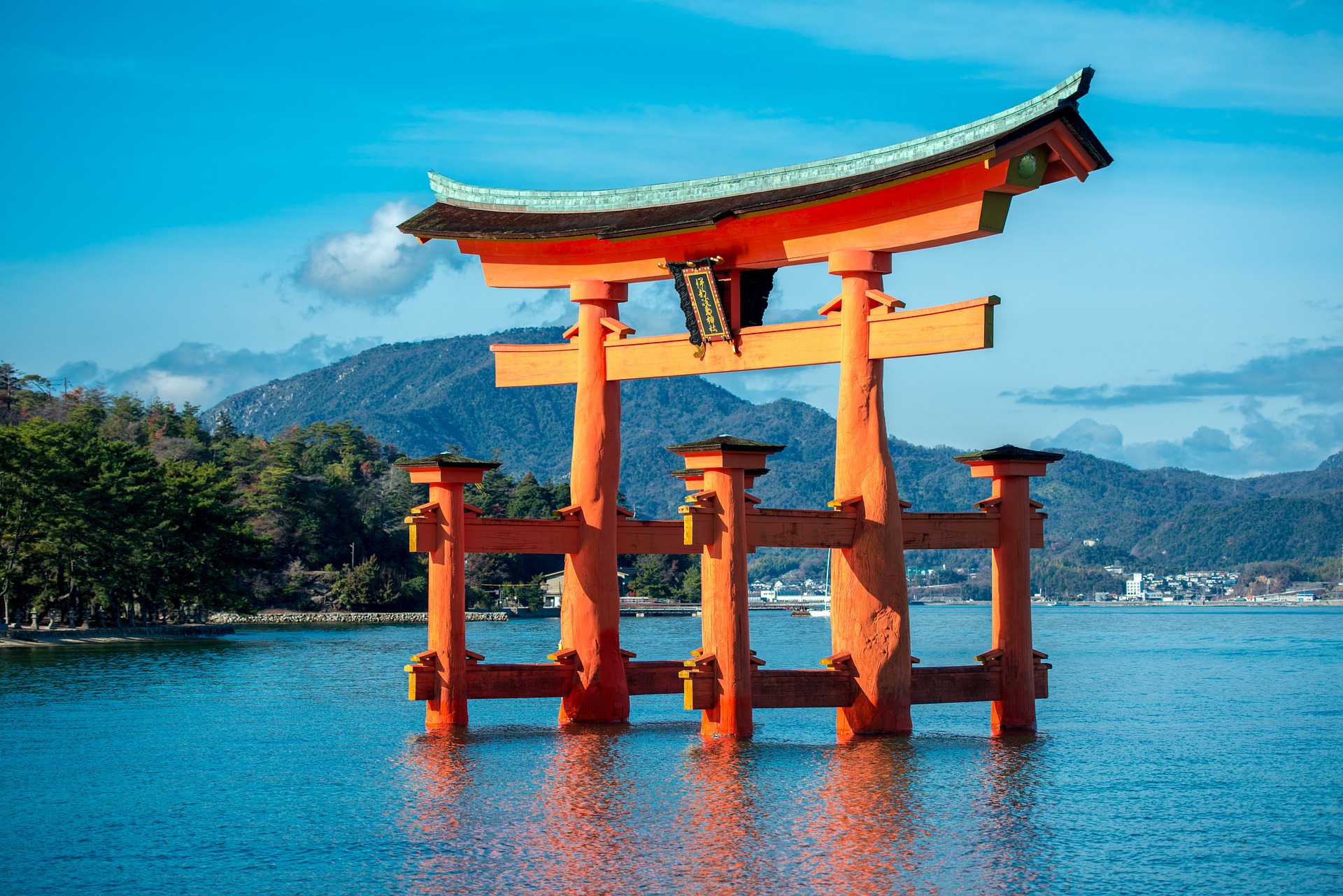On 27 February 2026, Israel, the US and other allies began a major military operation on targets within Iran. Iran has retaliated and has struck areas of the UAE, Qatar, Dubai, Bahrain and direct missiles at Israel. The main airport in Dubai has also been struck during the conflict. This has led to the closure of airspace throughout the Middle East which has directly impacted international flights to Qatar and the UAE.
Smart traveller is advising that there may be travel disruptions within the region and globally, including airspace closures and flight cancellations. Smart Traveller also recommends for any Australian citizens, permanent residents and their immediate family in Israel and Iran can register with DFAT and they will send important updates directly to registered Australians.
What to do
-
Follow local government and media advice.
-
Contact your airline, cruise company, travel agent, travel provider etc as they should be able to provide immediate help with rescheduling or providing you with your options.
-
Check Smartraveller's website and their Facebook.
-
Submit a claim for this event.
Are you overseas and need emergency medical help?
If you need emergency help, contact our Emergency Assistance team.
- Phone: +61 2 8320 7999
- E-mail: emergency@fastcover.com.au
The Australian Government also offers 24-Hour Consular Assistance for travellers overseas:
- Phone: +61 2 6261 3305
- SMS: +61 421 269 080
 †
†

 †
†




